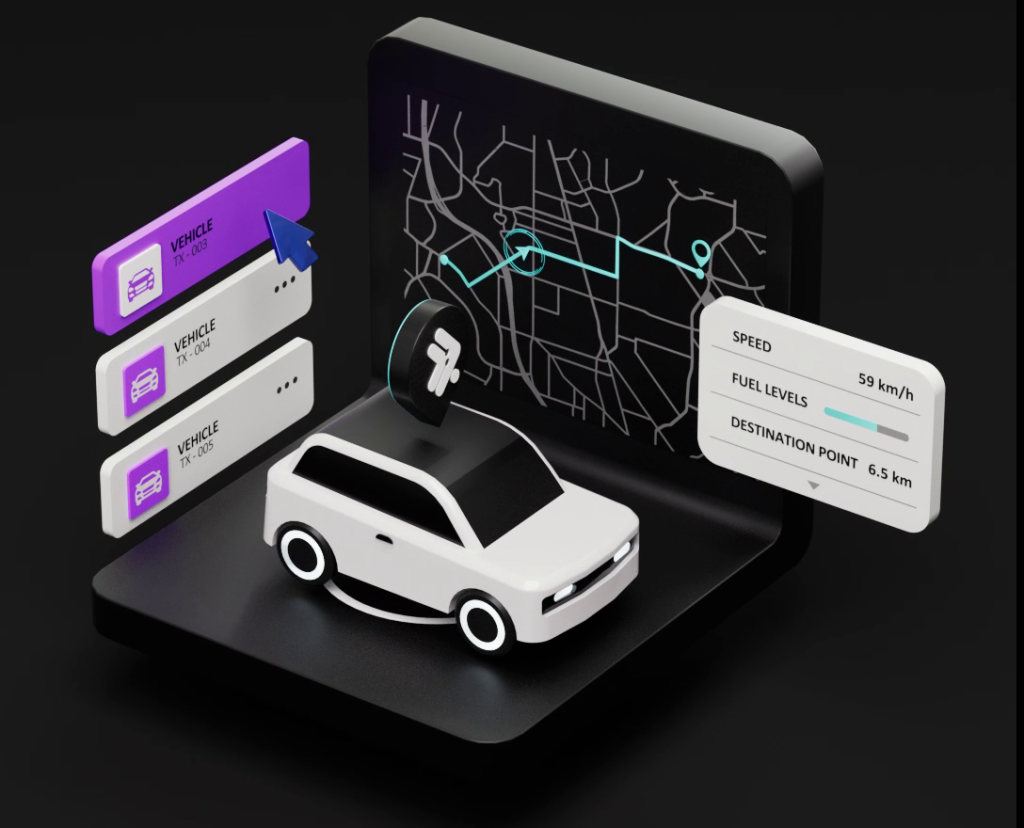Bring Everyone Together With The Smoothness Of Hookah Flavors
A great hookah session has the power to bring people closer in the most effortless way. The smooth flavors, the shared experience, and the calm environment create the perfect setting for bonding. Whether it is a gathering with old friends or a chill hangout with new ones, hookah becomes the heart of the moment. The gentle clouds of smoke and flavorful aroma set the mood for laughter, stories, and relaxation. Smooth hookah flavors are more than just a taste they are an invitation to connect, unwind, and enjoy time together without pressure or noise.
The Magic of Smooth Hookah Flavors
Smooth hookah flavors offer a pleasant and calming smoke that makes everyone feel comfortable. Explore vibrant flavors made smoother by the best hookah 2025 filter design. Unlike strong or harsh options, smoother blends are easy on the throat and perfect for longer sessions.
Why smooth flavors work best for group sessions:
- Gentle on the throat: No coughing or irritation, just relaxing pulls.
- More enjoyable for beginners: Great for those new to hookah.
- Better for longer sessions: Easy to enjoy without feeling overwhelmed.
- More social: Everyone can take part without worry.
Flavors like mint, peach, and creamy vanilla are top choices for their light and smooth feel.
Hookah Brings People Together
Hookah is about more than smoking it is a social ritual. Passing the hose, choosing flavors together, and sitting in a circle naturally encourage conversation and togetherness. It creates a shared moment where everyone feels included.

Ways hookah creates connection:
- Shared activity: Everyone takes part, making it an inclusive experience.
- Easy to set up: A simple hookah setup turns any space into a social spot.
- Conversation starter: Flavors, clouds, and techniques spark discussion.
- Comfortable vibe: The setting is relaxed and welcoming.
A smooth session often leads to hours of laughter, stories, and real connection.
Popular Smooth Flavors to Try
Choosing the right flavors can elevate the entire experience. Some options are especially smooth and ideal for group enjoyment.
Top smooth hookah flavors include:
- Vanilla cream
- Peach mint
- Watermelon breeze
- Rose
- Lemon-mint
You can also mix flavors to create a customized blend everyone enjoys.
Tips for the Perfect Hookah Gathering
Creating a memorable hookah night does not take much effort. A few thoughtful touches can go a long way.
Helpful tips:
- Prepare the hookah properly for smooth smoke.
- Use ice in the base to cool the smoke for extra smoothness.
- Offer drinks and light snacks that complement the flavors.
- Create a chill setting with music, lights, and comfortable seating.
Make it about enjoyment, not perfection. The goal is to relax and bond.
Final Thoughts
Smooth hookah flavors make it easier for everyone to enjoy the moment together. The gentle smoke, shared experience and relaxed setting encourage people to connect and have fun. Whether it is a planned event or a casual night at home, a smooth hookah session turns ordinary moments into lasting memories.
Key takeaways:
- Smooth flavors are ideal for comfort and connection.
- Hookah helps build a shared experience.
- Small details can enhance the atmosphere.
So gather your group, pick your favorite smooth flavor, and enjoy the time spent together.








